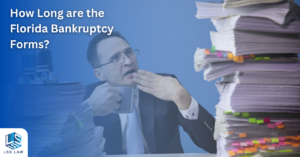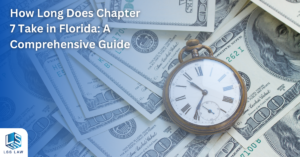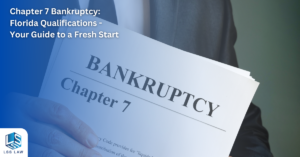“Tax Day” is quickly approaching! Many debtors wonder what happens with their tax refund in a bankruptcy filing. In a Chapter 7 bankruptcy case, the trustee investigates all of the debtor’s non-exempt assets. Your tax refund (other than possibly the earned income credit portion) is considered a non-exempt asset of the bankruptcy estate.
The trustee considers several factors in deciding whether to seize your tax refund. One of the most significant factors is the size of the refund. If it is an insignificant amount, the trustee will likely not take it because it is not cost-effective to distribute it among the creditors. Your attorney will also determine whether the refund is protected by exemptions under the law.
When will you know whether or not you get to keep your tax refund? In most cases, the trustee will tell you at the meeting of creditors. What happens if you already received your refund and spent it? This is common and as long as the refund was spent on permissible uses (such as paying for basic living expenses), the trustee will not seize the money.
Please keep in mind that every case is different. If you are considering filing bankruptcy, have questions about how a Chapter 7, 11 or 13 case could impact your tax refund and would like to schedule a no-cost consultation, please contact our office by completing the form on this website or calling us at 954-466-0541.









